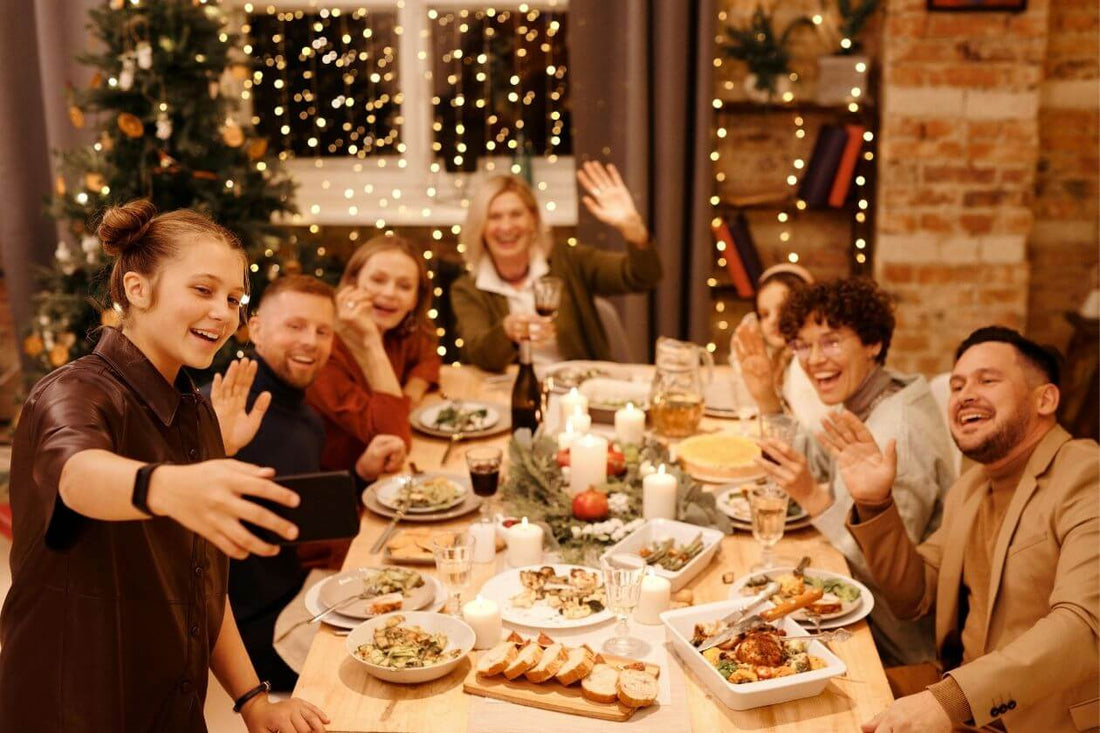
First Shared Meals with Celiac
Share
First Shared Meals with Celiac
As a celiac, joining a shared meal is always a special experience—and also a challenge. Usually, everyone wants to host, bake, or cook for you. The first time can feel like a “misunderstanding”: people don’t understand why you don’t eat what they lovingly prepared. The second meeting often brings solidarity: someone says, “If you don’t eat, I won’t eat with the others either.” By the third meeting, real conversations and questions often appear:
- “What is this made from?”
- “How can this be made without flour?”
- “Did you bring your own utensils?”
The “Savior” Role
Often, people want to “save” you—not literally, but emotionally. They feel your “struggle” and offer food because they feel uneasy seeing someone eat differently. Subconsciously, they want to share your burden and protect you from “missing out.” Most assume we are starving or living on salad. Many are simply uninformed, unwilling to research, and try to fit your world into theirs. They’re rigid with alternatives, convinced that their way is the only way. This mindset often extends beyond food to their whole life and behavior.
However, I’ve observed that “saviors” often need saving themselves. For example, they might skip the Christmas menu initially and only snack on cold meat with bread—just so you don’t feel alone. Their gesture is sweet, but it’s often more about easing their own tension than true understanding.
Different Human Reactions
At early meetings, you may encounter various human roles:
The Questioner:
- “Why aren’t you eating this?”
- “Are you sure this is gluten-free?”
- “I baked this just for you!”
The Curious:
Approaches with genuine interest, asks questions, and tries to understand. They may offer you food just as they do with others:
- “Would you like some coffee?”
- “Do you want some fish soup?”
- “Wow, you even brought your own fork! :D”
- “I’ll try your roll (and analyze that rice flour version—almost as airy and perfect as the traditional wheat one 😁)”
The Withdrawn:
These people close up after the first refusal. They stew internally, afraid to ask questions, worried about saying the wrong thing.
Why You Shouldn’t Be Afraid to Ask
Withdrawn people often act out of fear of deviating from the familiar. Thoughts like, “The Christmas roll isn’t real without wheat,” or “Breaded meat in millet flakes feels strange” come from discomfort with unfamiliar alternatives. Asking questions is never wrong—it helps everyone understand and brings you closer. Conversations often reveal that “different” can be just as good—or even better—than the familiar.
The Path to Understanding and Adaptation
For shared meals to truly be enjoyable, time and communication are essential. Celiac isn’t just a diet—it’s a lifestyle requiring adaptation from both sides. Genuine curiosity, open questions, and willingness to learn bridge the initial difficulties.
How do you experience your first shared meals? Have you ever felt that someone tried to “save” you? Share your experiences in the comments! 😊



